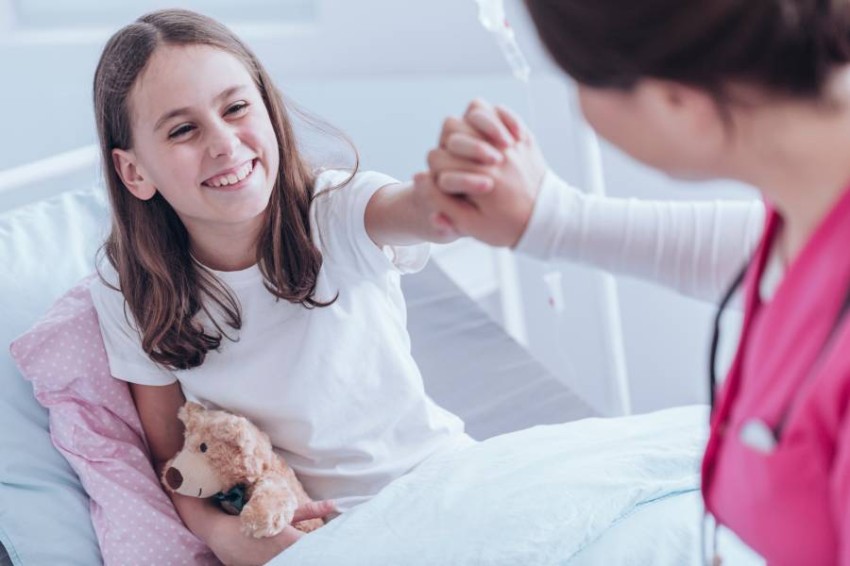German-Dutch project gives new hope to children with cancer
The Dutch Princess Maxima Center and the Hope Center for Children's Oncology in Heidelberg, Germany, have established a Children's Oncology Research Fund to develop treatments that have fewer side effects and are specifically designed for children.
"We can no longer develop at our own national level, but we have to work intensively together across the border with these rare diseases," Stefan Pfister, director of HOPE, told dpa.
Pfister said it was important to reduce the consequences of surgeries, chemotherapy and radiotherapy, such as infertility, cognitive impairment, neurological problems and damage to the heart and kidneys. “These consequences accompany young patients for life," he said. At the same time, children who are currently unable to recover must be given more access to the therapeutic innovations resulting from cancer research.”
In Europe, 35,000 children are diagnosed with cancer each year, and there are more than 2,000 of them in Germany, which represents 1% of all cancer diagnoses in Europe and Germany.
“The numbers are slowly increasing without us having a reasonable explanation,” said Pfeitzer, a pediatric oncologist, explaining that 80% of patients survived the disease, yet this value has not improved significantly in the past twenty years. Pfister is betting on new forms of treatment, such as targeted molecular therapies and immunomodulators, by combining them with traditional therapies.
There are more than two hundred different types of cancer that affect children, and adults are rarely affected. The spectrum ranges from leukemia and lymphoma to brain tumors and sarcomas.
For pharmaceutical companies, developing medicines for children from birth to 18 years of age is not a profitable business due to the small scale of the market. "But now they are forced to deal with the subject because they also have to verify its efficacy in children to get approval from the European Medicines Agency if they develop a cancer drug," Pfister said, explaining that for the studies required to do so, it is necessary to include a certain number of test subjects, Which no single country can prepare on its own.
The fund will initially allocate one million euros to eight to 10 research projects. Pfister expects an additional €10 million for research infrastructure such as information technology platforms, tumor model production, clinical study planning, joint training programs, and in vitro pilot projects. Pfeitzer expects to save money from private sponsors in the next six to twelve months.
The research and care of children's tumors in the Netherlands is based at the "Princess Maxima Center of the Netherlands" in the city of Utrecht. The Hope Center is a subsidiary of the German Cancer Research Center, the University Hospital in Heidelberg and the University of Heidelberg.
It is scheduled to ratify the cooperation in pediatric oncology between the "Princess of the Netherlands Maxima Center" and the "Hope" Center today, Monday, at the Dutch embassy in Berlin, in the presence of Queen Maxima of the Netherlands.




